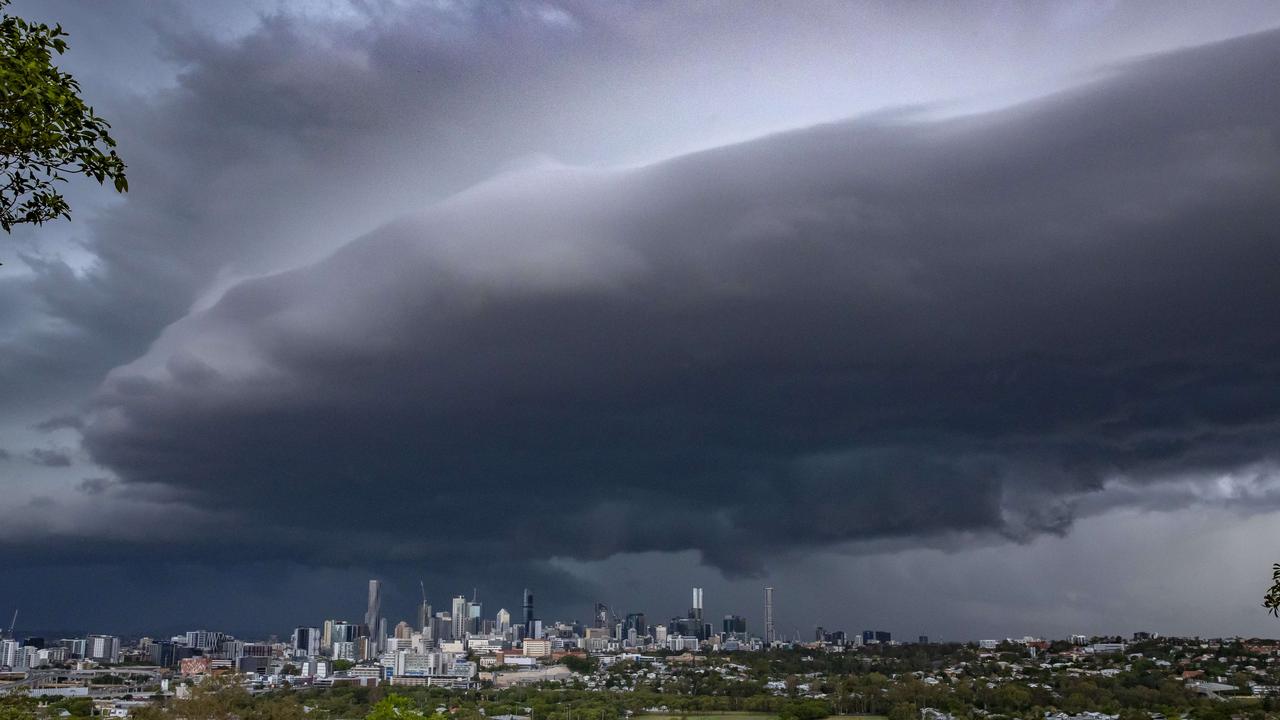Border reality starting to sink in
This was the week the penny dropped that life as we knew it before the arrival of coronavirus is not coming back, writes James Campbell. POLL

Gold Coast
Don't miss out on the headlines from Gold Coast. Followed categories will be added to My News.
This was the week the penny dropped that life as we knew it before the arrival of coronavirus is not coming back.
To be sure life in Australia resembles the world before March 2020.
Apart from the inconvenience of having to check in every time we sit down in a cafe and the requirement from time to time to wear annoying face masks, things appear to be almost normal.
Sure the centres of our cities are still struggling to recover as workers continue to stay home.
But the evidence is the economy is going much better than expected with the obvious exceptions of our poleaxed international tourism and education sectors.

But it isn’t normal of course because our situation is only possible because we have eliminated the virus.
And we can only keep it that way because our government has banned us from leaving and is stopping basically everyone else in the world from visiting.
One of the features of life in East Germany was that its citizens were only allowed to visit a list of countries approved by its government.
It’s been an interesting experience for the past year seeing what that felt like.
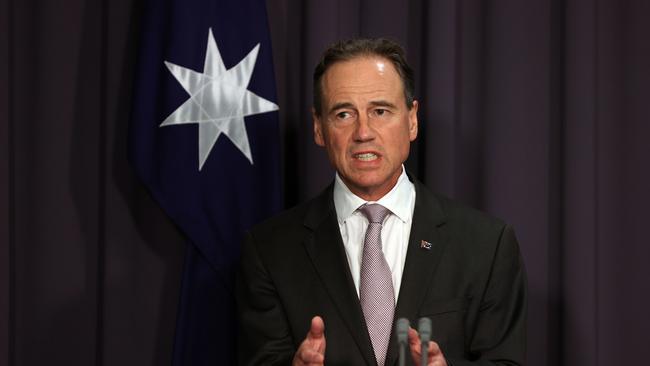
What I imagine hadn’t crossed most people’s minds, that is until Greg Hunt flagged it on Tuesday, is that this situation looks like it is going to become permanent.
Asked on Tuesday if the Government would set milestones for opening the international borders against vaccine outcomes, Hunt came out and said explicitly what has been clear to anyone who has been listening closely to our public health overlords for the past year.
“Vaccination alone is no guarantee that you can open up,” he explained, because even “if the whole country were vaccinated, you couldn’t just open the borders”.
Why not? Well, because of “a series of different factors: transmission, longevity and the global impact”.
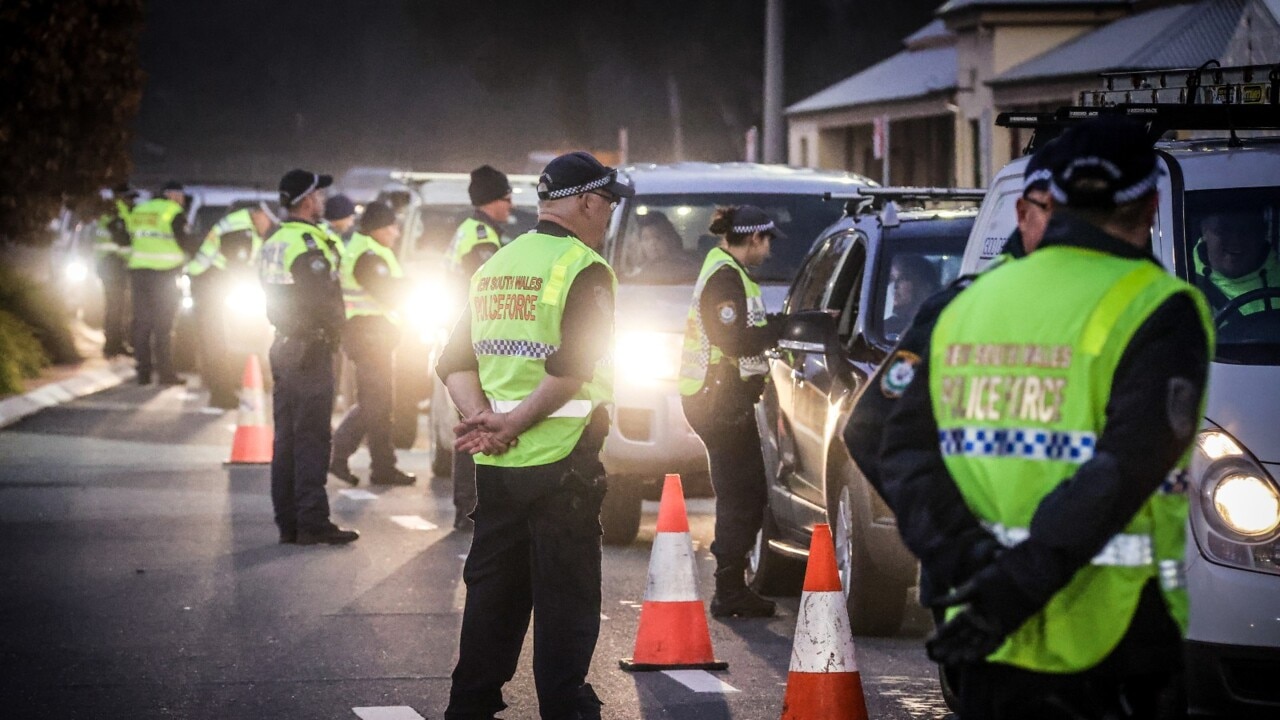
So in other words while all the vaccines are as far as we know great at stopping just about everyone from getting seriously ill and dying, we don’t know how great they are stopping the spread of mild cases.
Hunt might have added that sadly the vaccines are not 100 per cent effective so when we allow the virus back in we can be certain that not only will a number of people get mildly ill, a smaller number – it’s very hard to say how many – will still get seriously ill and that some of them will die.
He could also have added that some of these milder cases will turn into those nasty lingering ‘long COVID’ cases that personally scare me far more than the chances of croaking from it.
One of the other problems the health Minister drew attention to – longevity – has two parts to it.
The first is the unanswered question of how long the protection lasts from the current crop of vaccines, the second is whether we are all going to need to get fresh shots from modified vaccines engineered to cope with the new variants as they emerge.
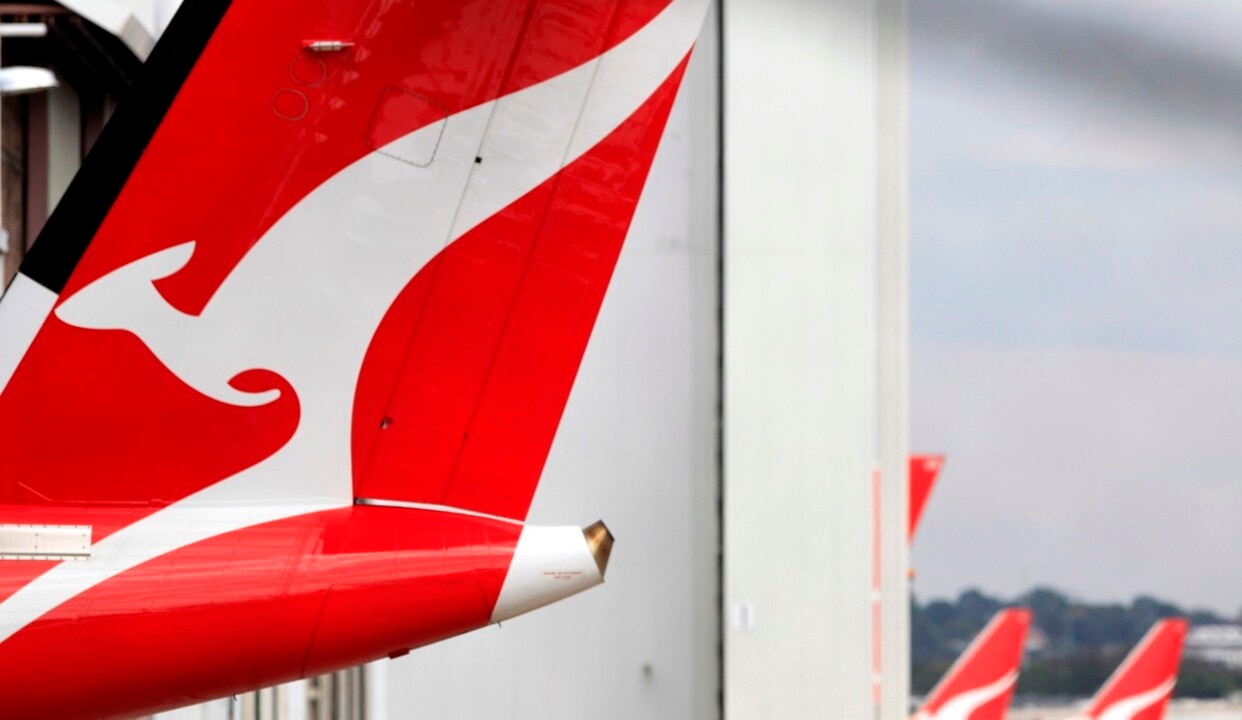
All these problems pale into insignificance however compared with the fact that we are not vaccinating the whole country.
Not only are there unknown numbers of people who will refuse to be, there are millions of children who at present can’t be vaccinated.
Between them, the moment we allow the borders to re-open, the virus will take off again.
And as Scott Morrison said on Wednesday, over the past year Australians have become very used to the fact we have zero case numbers and zero community transmission, adding “if we were to lift the borders and people to come, then you would see those cases increase and Australians would have to become used to dealing with 1000 cases a week or more”.
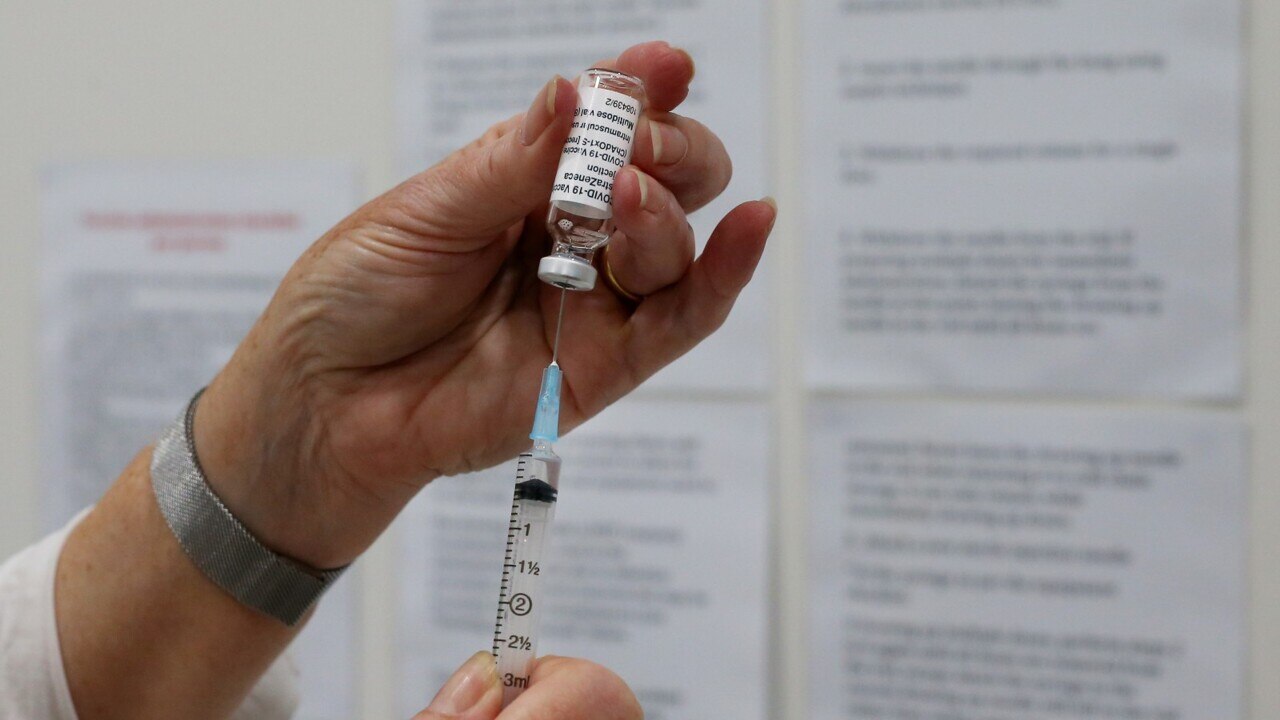
Perhaps realising this raised the unhappy prospect of us all being stuck here in perpetuity the Prime Minister was keen stress that wasn’t the case.
Just as East Germans were able to visit Hungary and Czechoslovakia from this week, Australians will be allowed to visit Jacindastan without quarantining when they arrive.
“I think I can see a future where we could be in a similar arrangement with Singapore and we’re working on that now – other Pacific countries, that’s possible,” the PM continued.
But as for the rest of the world? Forget about it.
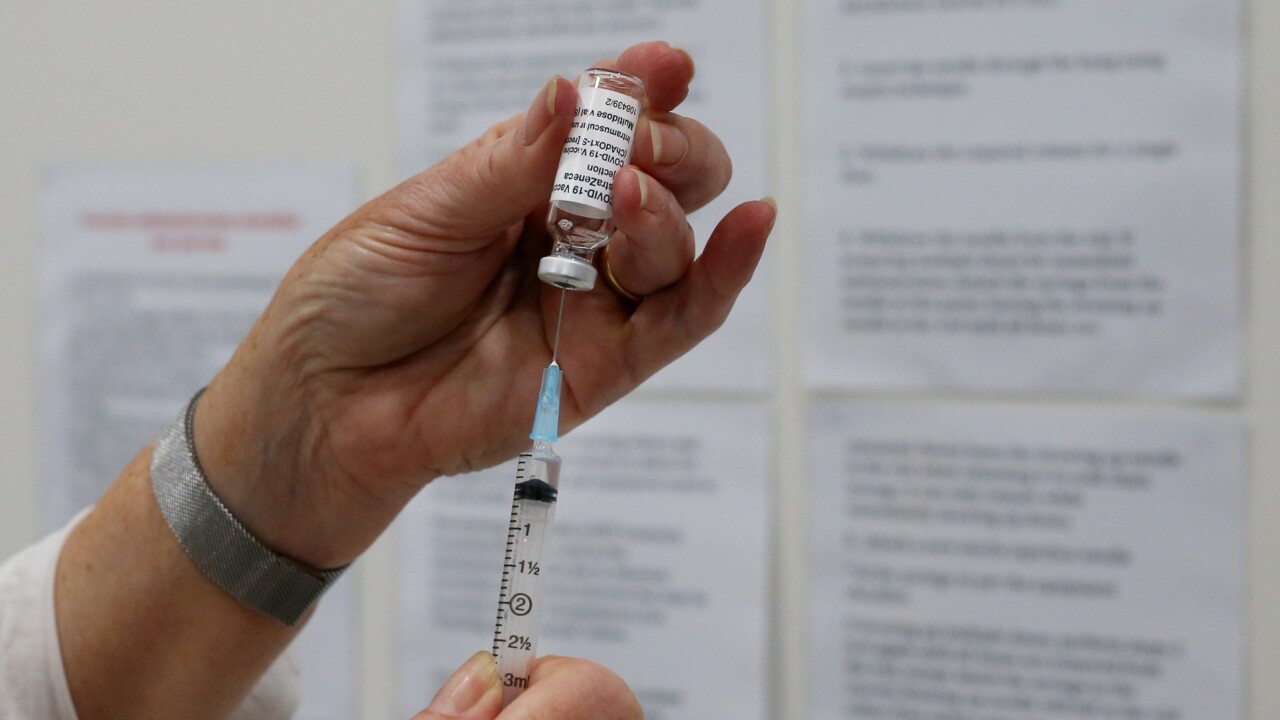
If you think I’m being silly and that this situation can’t continue indefinitely, reflect for a minute on the fact a short military commitment to Afghanistan has without much national reflection managed to last almost 20 years.
What’s particularly scary is that as we have seen with the popularity of the insane internal border closures, most Australians will probably back the status quo.
After all, life feels pretty normal.





